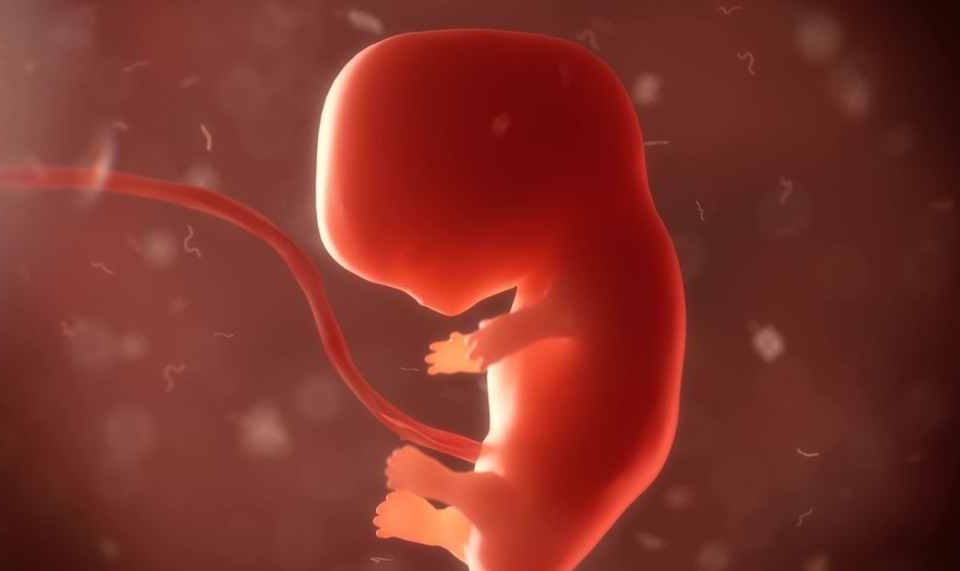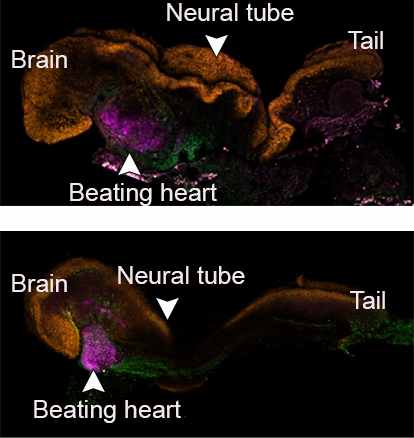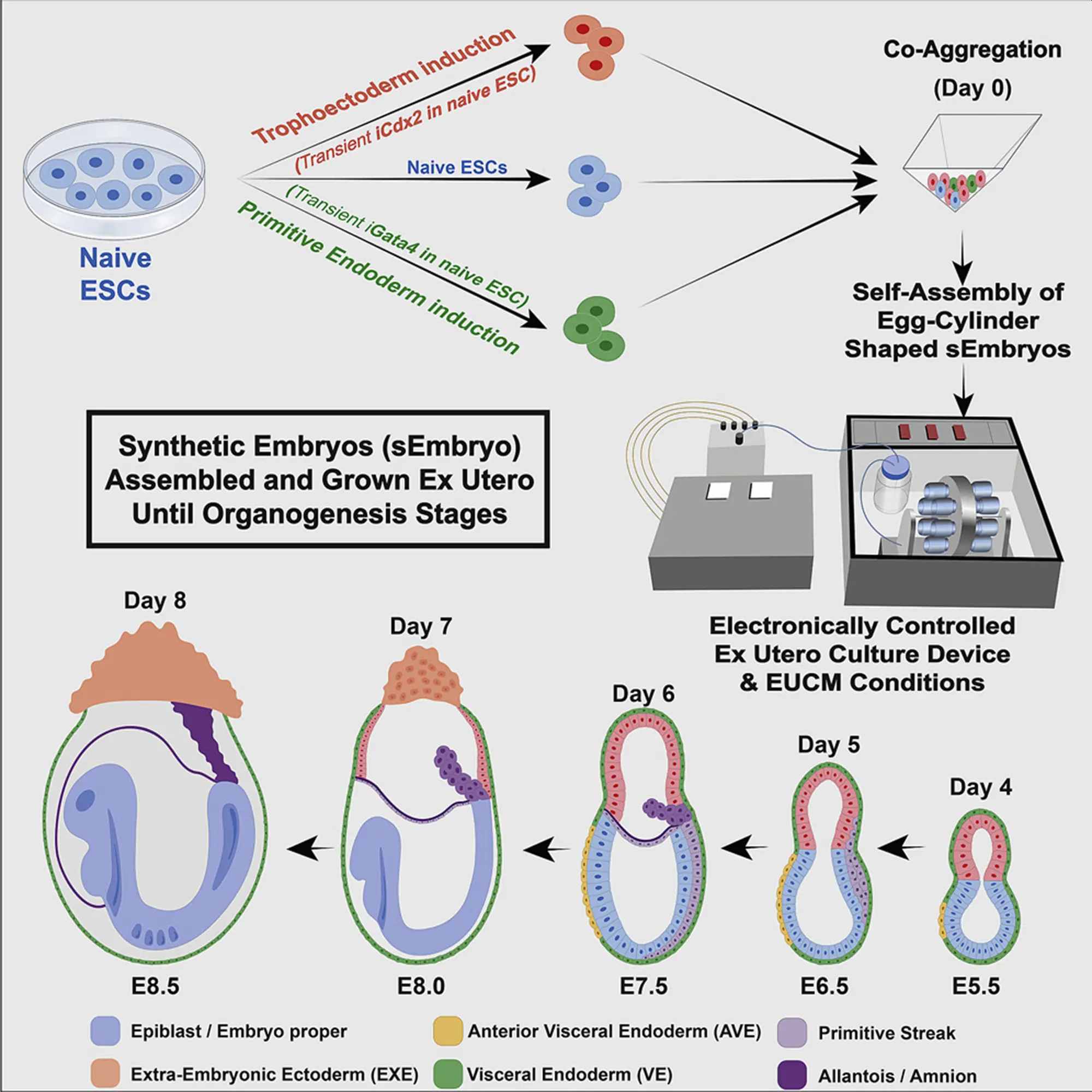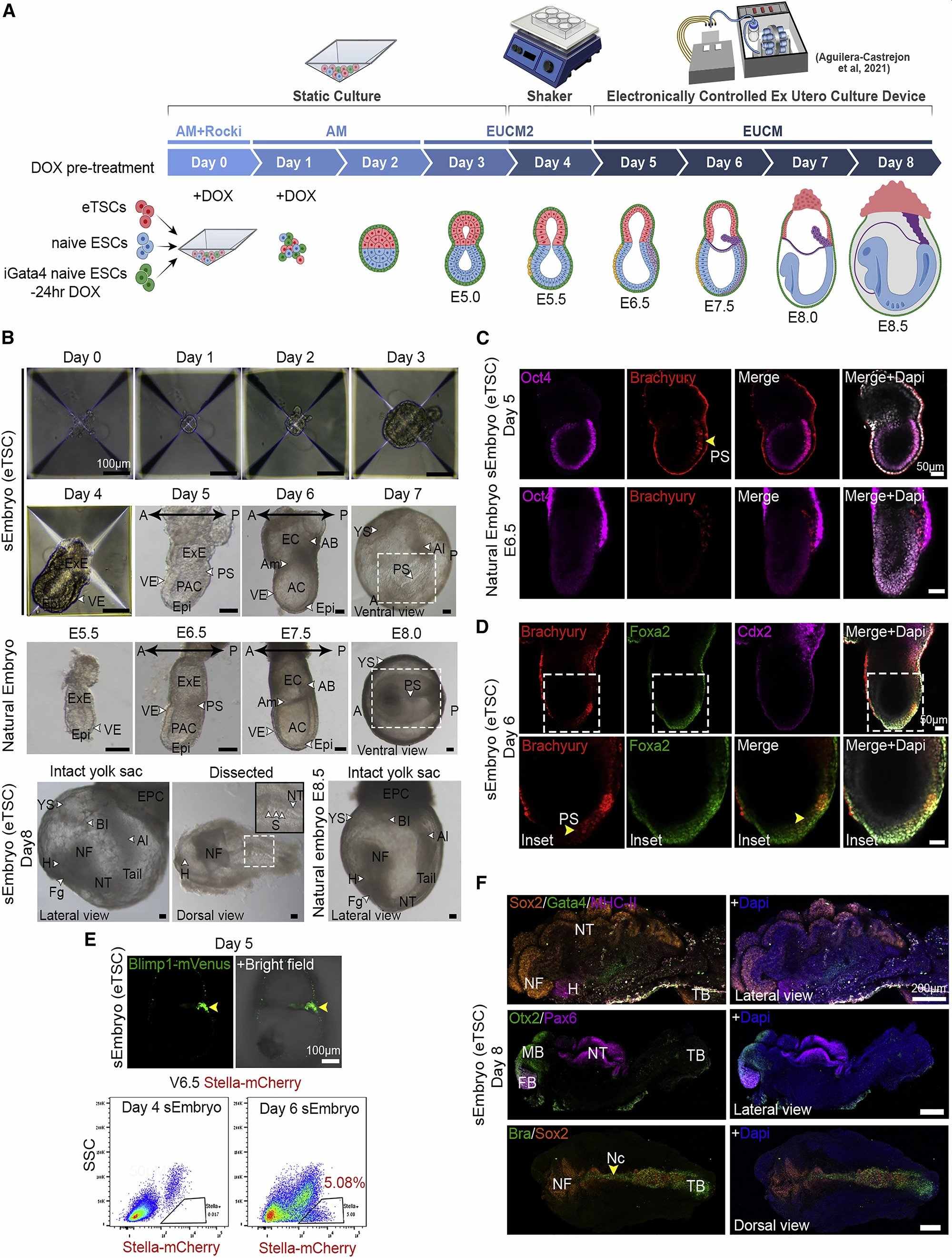This biotech startup wants to create “synthetic” human embryos to harvest their organs for transplants

Early this year, we wrote a piece about how tech billionaires came up with a proposal to replace natural birth with synthetic wombs to remove the high “burden” of pregnancy and allow women to work more for equal pay. Their controversial proposal was met with backlash on social media.
But their idea is nothing new. A year earlier, a team of researchers and scientists at the Weizmann Institute in Israel had grown synthetic mouse embryos outside the womb solely from stem cells cultured in a petri dish – that is, without the use of sperm or fertilized eggs, but only stem cells taken from the skin. The results of their study findings were published in Cell.
Prof. Jacob Hanna of Weizmann’s Molecular Genetics Department, who headed the research team explained that the synthetic embryos were not “real” embryos and did not have the potential to develop into live animals, or at least they hadn’t when they had been transplanted into the wombs of female mice.

Day 8 in the life of a mouse embryo: a synthetic model (top) and a natural embryo (bottom). The synthetic models displayed a 95 percent similarity in both the shape of internal structures and the gene expression patterns of different cell types
After the research, Hanna decided to start his own biotech startup called Renewal Bio with the mission to reverse “declining birth rates and fast aging populations” by creating “synthetic” human embryos that would be used to harvest organs in order to facilitate transplants and treat conditions such as infertility, genetic disease, and aging.
Hanna said the Renewal Bio wants to leverage the success of the earlier research work and replicate the process with human embryos that would serve as a source of tissues and cells that can be used to treat various diseases.
Fast forward about a year later, Renewal Bio announced that it has successfully used advanced stem cell technology and artificial wombs in order to grow mouse embryos which continued to develop for several days. The results of the research were published in the journal Cell on Monday.
The artificially grown embryos remained alive until they developed beating hearts, blood flow, and the beginnings of a brain, according to MIT Technology Review.

The results of the Renewal Bio experiment published in the journal Cell.
Hanna also said that he hopes to eventually produce artificial models of human embryos equivalent to a 40- to 50-day-old pregnancy.
“We view the embryo as the best 3D bioprinter,” said Hanna. “It’s the best entity to make organs and proper tissue.”
“Remarkably, we show that embryonic stem cells generate whole synthetic embryos, meaning this includes the placenta and yolk sac surrounding the embryo,” Hanna told the British publication.”We are truly excited about this work and its implications.”
Hanna also told the Guardian that the synthetic embryos weren’t “real” in that they did not have the potential to develop into real-life animals. “To solve these complex and compounding issues, Renewal Bio aims to make humanity younger and healthier by leveraging the power of the new stem cell technology,” the startup says on its website.
Although Renewal Bio’s technical plan has not been disclosed yet, Hanna said the firm’s approach is ethical and provides an alternative to the use of real human embryos.
“This is providing an ethical and technical alternative to the use of embryos.”
In a statement, Omri Amirav-Drory, a partner at NFX who is acting as CEO of the new company, told MIT Technology Review: “It’s very low on details for a reason. We don’t want to overpromise, and we don’t want to freak people out. The imagery is sensitive here.”
Hanna also added: “In Israel and many other countries, such as the US and the UK, it is legal and we have ethical approval to do this with human-induced pluripotent stem cells.”

An image showing the embryo growing process in the Cell medical journal.
However, the research is not without controversy. Bernard Siegel, a patient advocate and founder of the World Stem Cell Summit told MIT Technology Review that the experiment has huge societal implications.
“This experiment has huge implications One wonders what mammal could be next in line,” Siegel said.

